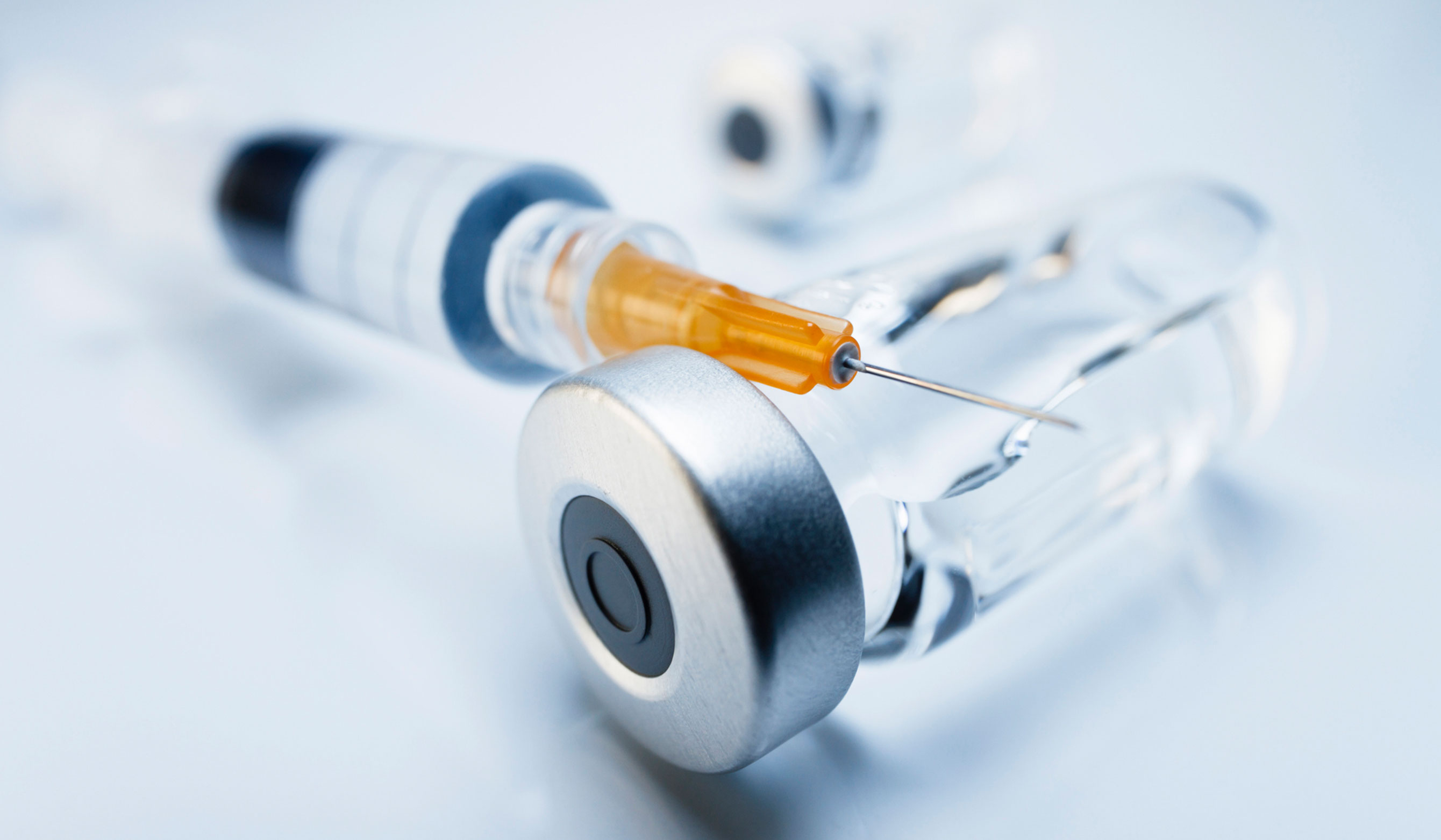Cancer treatment has been the only option for cancer patients. With no cure available, this disease is the second main reason for deaths. The first one being a heart attack. As per estimation, 606,880 people will die because of cancer. And this number is predicted for the year 2019.
Researchers have got a breakthrough in cancer treatment. This is because of the advent of immunotherapy. They are hoping to boost the immune system of cancer patients.
By doing so, they will make patients capable of fighting the disease. Moreover, it will also make the body capable of destroying cancer cells.
Cancer treatment through immunotherapy
Immunotherapy has given a boost to lots of possible treatments. Cancer treatment is one of them. However, researchers are now trying an off the shelf stem cell treatment.

This has become possible because of Natural Killer cells. These cells are present in our blood. They are a type of white blood cells. NK cells are special. This is because they have tools to destroy cancer cells.
A study is being conducted to test the potential of NK cells. this will be both alone and along with checkpoint inhibitors. The test will be done on people with solid tumors.
The NK cells that are being used are unique. This is because they are taken from Induced Pluriptent Stem Cells.
How will these cells kill cancer?
These induced stem cells were developed in 2006. This became possible because of four dormant genes.

They were switched on in the skin cells. Because of this change, the characteristics of the cells were changed.
They are now in an embryonic-like state. Therefore, these can now form any type of cells. This is, therefore, an alternative to stem cells.
Moreover, this now is a big solution for many cures and treatments. Cancer treatment is one of them.
There are several treatments which use the cells of the patients. This will be a similar one. However, it will be a costly one.
Moreover, the therapies will also be time taking. However, this has great scope and potential in the future for cancer treatment.









